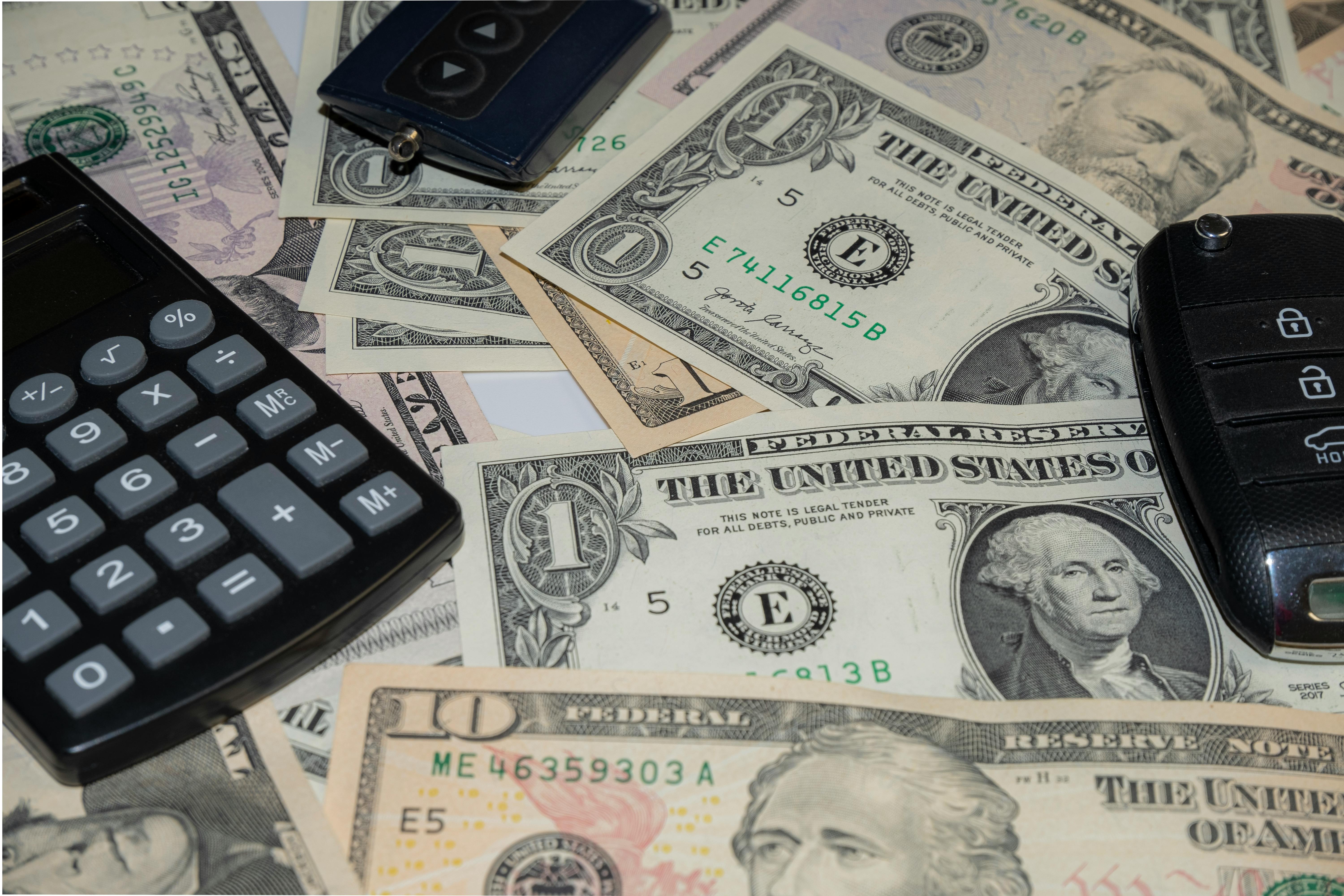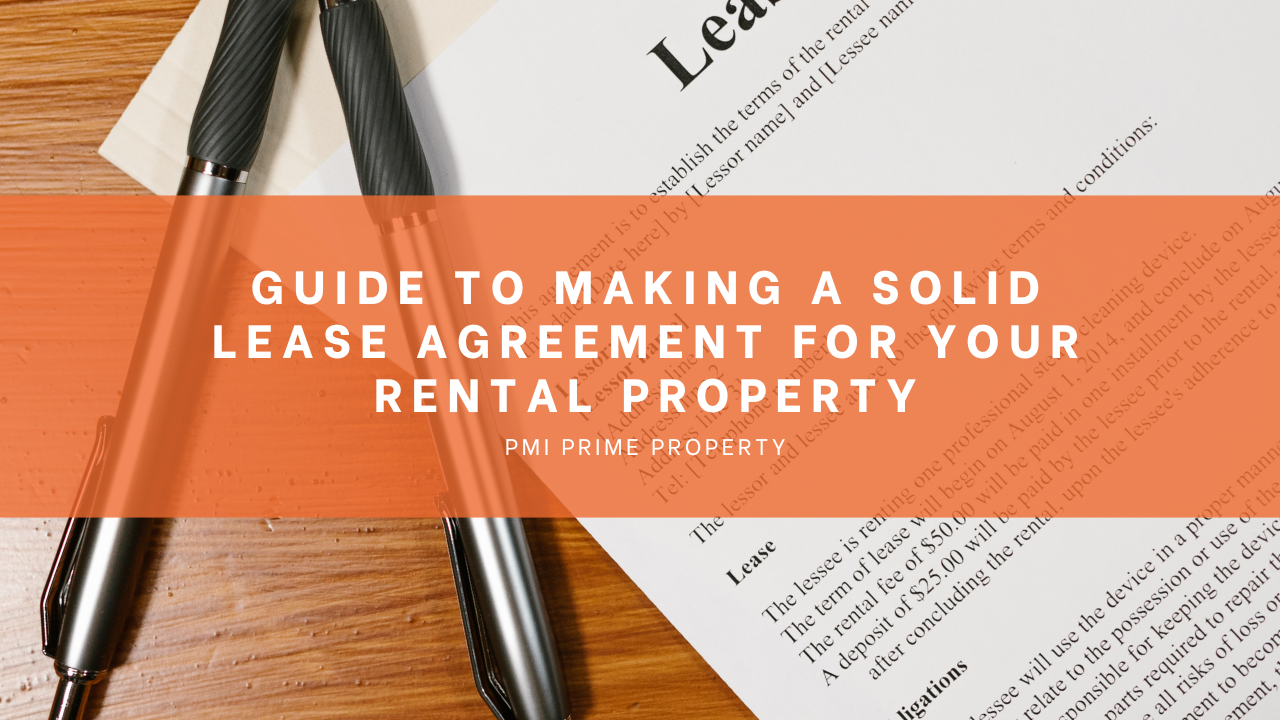Key Takeaways
A strong lease agreement protects landlords by ensuring legal compliance, financial clarity, and property safeguards.
New Jersey landlords must include key clauses and disclosures—such as security deposits, lead paint, and flood zone notices—to avoid disputes and liability.
Professional drafting with a property manager like PMI Prime Property reduces risk, ensures enforceability, and tailors agreements to local laws and landlord needs.
In New Jersey, many rental disputes do not come from difficult tenants or neglectful landlords.
They often arise from poorly written or incomplete lease agreements.
A lease that does not clearly define responsibilities, payment terms, or property rules can quickly turn into legal battles and financial loss.
That is why PMI Prime Property created this guide. With years of experience helping local landlords, we understand what makes a lease enforceable, fair, and effective in protecting your property.
Lease Agreements Made Simple: What Every New Jersey Landlord Should Know
Options for Drafting a Lease
There is no single way to create a lease agreement, but some approaches are more reliable than others. Using templates may seem convenient, but many generic forms fail to address New Jersey’s specific requirements.
For example, security deposit handling is tightly regulated in this area. A template that works in another state may put you at risk in New Jersey courts. Writing your own lease can be effective if you are familiar with state and local laws, but it requires thorough research and a solid understanding of legal principles.
Many landlords who try this unintentionally miss details like required disclosures or limits on late fees. Professional drafting through a property manager ensures that your lease is customized, legally enforceable, and designed to minimize risk.
PMI Prime Property regularly prepares leases that reflect current laws, local trends, and the landlord’s unique needs.
You can learn more about working with a property manager by reading our post on what property management services can do for you.

Choosing the right method depends on your comfort level, but relying on professionals, like the trusted team at PMI Prime, offers the best protection in the long run.
The Purpose of a Lease Agreement
A well-written lease provides much more than just a rent figure and move-in date.
Legal Protection: In New Jersey, a signed lease can be used in court to enforce rent collection or eviction if needed. Without one, a landlord’s position is much weaker.
Financial Clarity: The lease spells out rent amounts, due dates, acceptable payment methods, and penalties for late payments. Courts will only enforce fees that are clearly written.
Property Safeguards: By setting rules on maintenance, repairs, and property use, landlords ensure that tenants cannot alter or damage the unit without consequence.
Better Tenant Relations: Clear agreements prevent misunderstandings, helping to maintain a professional landlord-tenant relationship.
In short, the lease is both a shield and a roadmap. It protects your rights while giving tenants the clarity they need.
Core Elements Every Lease Must Cover
Parties and Property Details
Start by naming the landlord and tenant with full legal names and addresses. The property description should be specific, listing the unit number, parking spaces, and any shared facilities.
Lease Term and Renewal Rules
Most New Jersey leases run for 12 months, but shorter and longer terms are valid. State exact start and end dates, and explain whether the lease converts to month-to-month or requires renewal. If you intend to raise rent at renewal, include the notice period required under state law (typically 30 days).
Rent and Security Deposits
New Jersey law sets strict rules here. Mishandling deposits is one of the most common mistakes landlords make, and courts take it seriously.

Rent clauses should clearly state the monthly amount, when it is due, and how it must be paid. Courts in New Jersey will uphold late fees if they are reasonable and disclosed in the lease.
Maintenance and Utilities
Landlords are responsible for keeping the property habitable, including plumbing, heating, and structural safety. Tenants usually handle day-to-day upkeep and damages caused by their actions. A lease should explain this division of responsibility in plain terms. Utilities should also be addressed. If tenants pay them, explain how billing is handled. If costs are shared, provide details to avoid disputes.
Have a Rental Question? Ask A Property Manager Today
Key Clauses That Strengthen Your Lease
Adding extra clauses can make a lease more effective and reduce your exposure to risk.
Entry and Inspections: State that the landlord will provide reasonable notice (commonly 24 hours) before entering for maintenance or inspections, except in emergencies.
Renewal and Rent Increases: Outline how renewals work and when notice of a rent increase will be given. This prevents claims of unfair surprise.
Default and Eviction: Explain what counts as a default, such as failure to pay rent or illegal activity, and clarify that eviction will follow New Jersey’s legal process.
Subletting Restrictions: Prevent unauthorized subletting by requiring written landlord approval. This avoids situations where strangers occupy your property without consent.
Property Use Rules: State whether pets are allowed, how noise should be managed, and whether tenants may make alterations. These rules protect both your property and your relationship with neighbors.
Disclosures and Compliance Requirements
New Jersey landlords must include certain disclosures in their leases:
Lead-Based Paint Disclosure: Required for properties built before 1978 under federal law.
Flood Zone Disclosure: As of 2024, landlords must notify tenants if the property is located in a flood hazard zone.
Security Deposit Disclosure: Landlords must inform tenants in writing of where deposits are held and provide annual updates.
Even when not required by law, voluntary disclosures build trust. For example, if the unit is part of a condo association, sharing the building’s rules upfront reduces conflicts later.
Avoiding Common Mistakes
Many landlord-tenant disputes could have been avoided with a more careful lease, and without clear terms, landlords may face costly lawsuits, fines, or be forced to comply with unfavorable rulings that could have been prevented through proper actions.
Some of the most common errors include:
Using generic forms that ignore New Jersey’s unique laws on deposits, disclosures, or rent increases.
Failing to document late fee policies, which makes them unenforceable in court.
Not providing disclosures such as lead paint or flood zone status, leaving landlords open to liability.
Ambiguous maintenance clauses that cause disputes over who pays for certain repairs.
By avoiding these pitfalls, landlords save money, reduce stress, and create a better tenant experience. For an in-depth guide look at property upkeep, read our blog post on how to maintain your rental property.
Bottomline
Good property management starts with a solid lease agreement. For landlords in Morristown and across New Jersey, it protects your rights, ensures compliance with strict state laws, and sets clear expectations for tenants.
By covering the essentials, adding strong clauses, making proper disclosures, and avoiding common mistakes, you can reduce disputes and safeguard your investment.
PMI Prime Property specializes in helping local landlords build lease agreements that work.
We understand New Jersey’s rental laws, stay updated on new disclosure requirements, and draft agreements that cover all the bases while reflecting your goals as a property owner.
Let us take the guesswork out of your leases and help you manage your rentals with confidence. Contact PMI Prime Property today.
Speak With A Property Manager Today!


